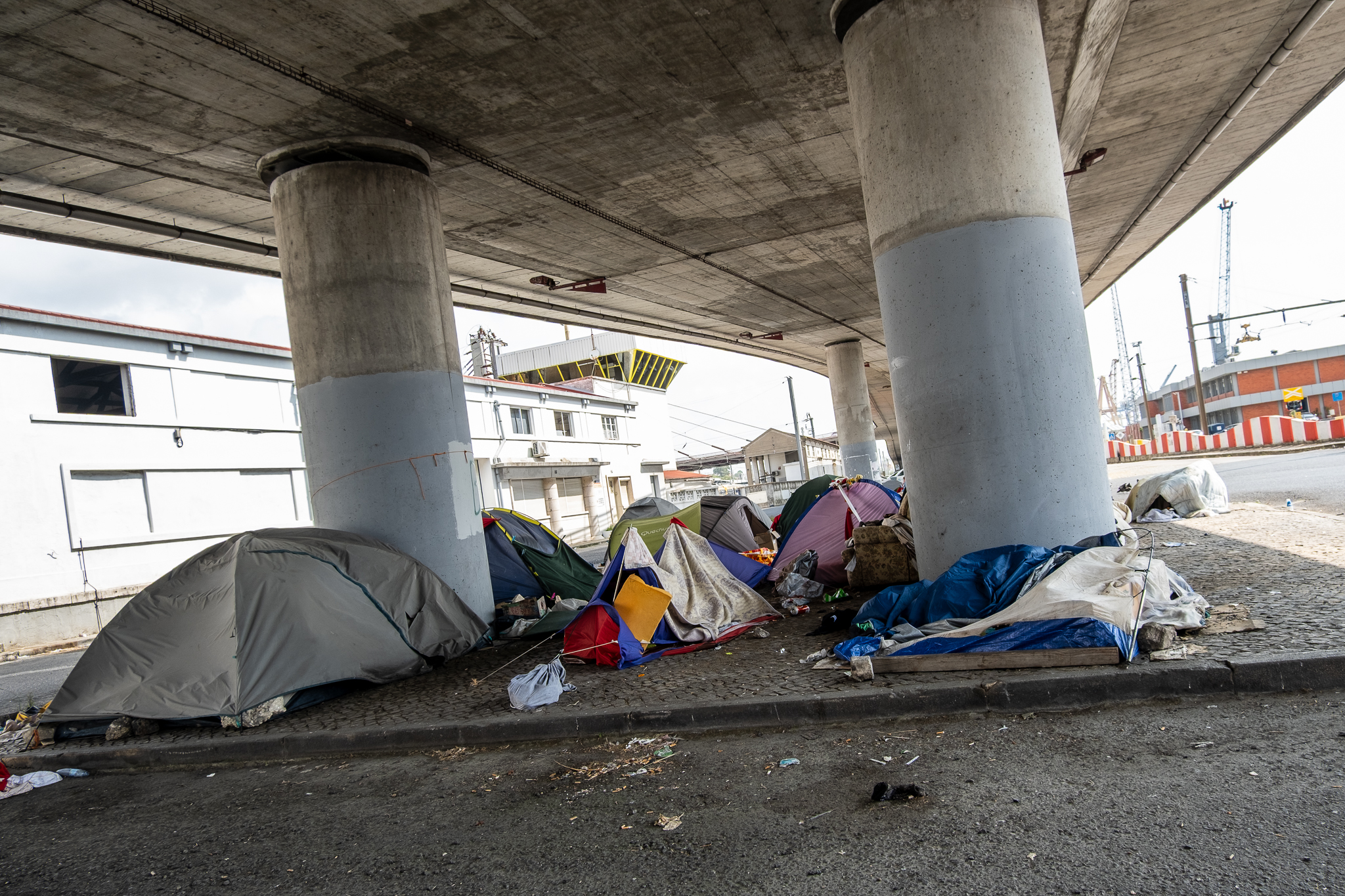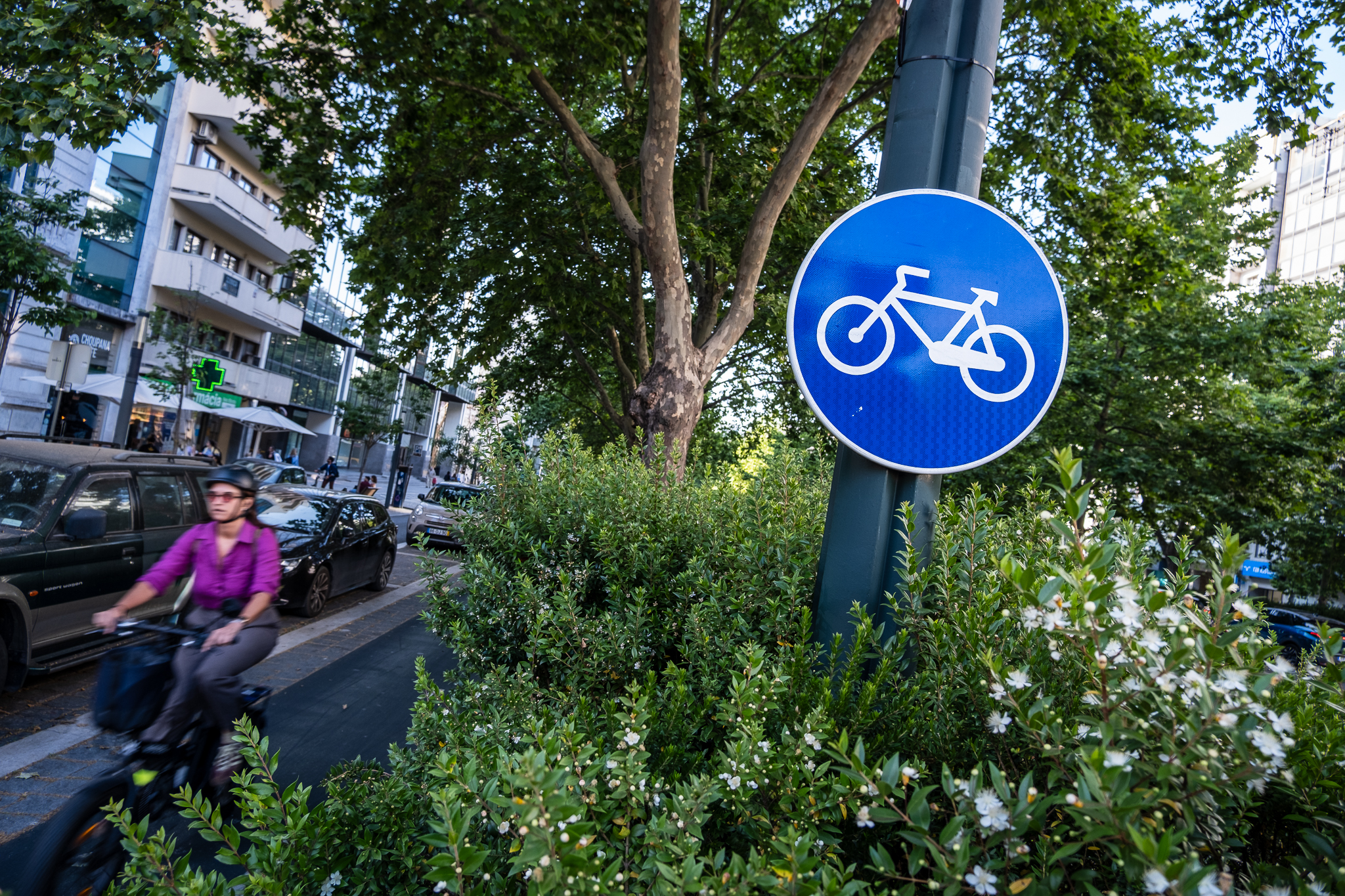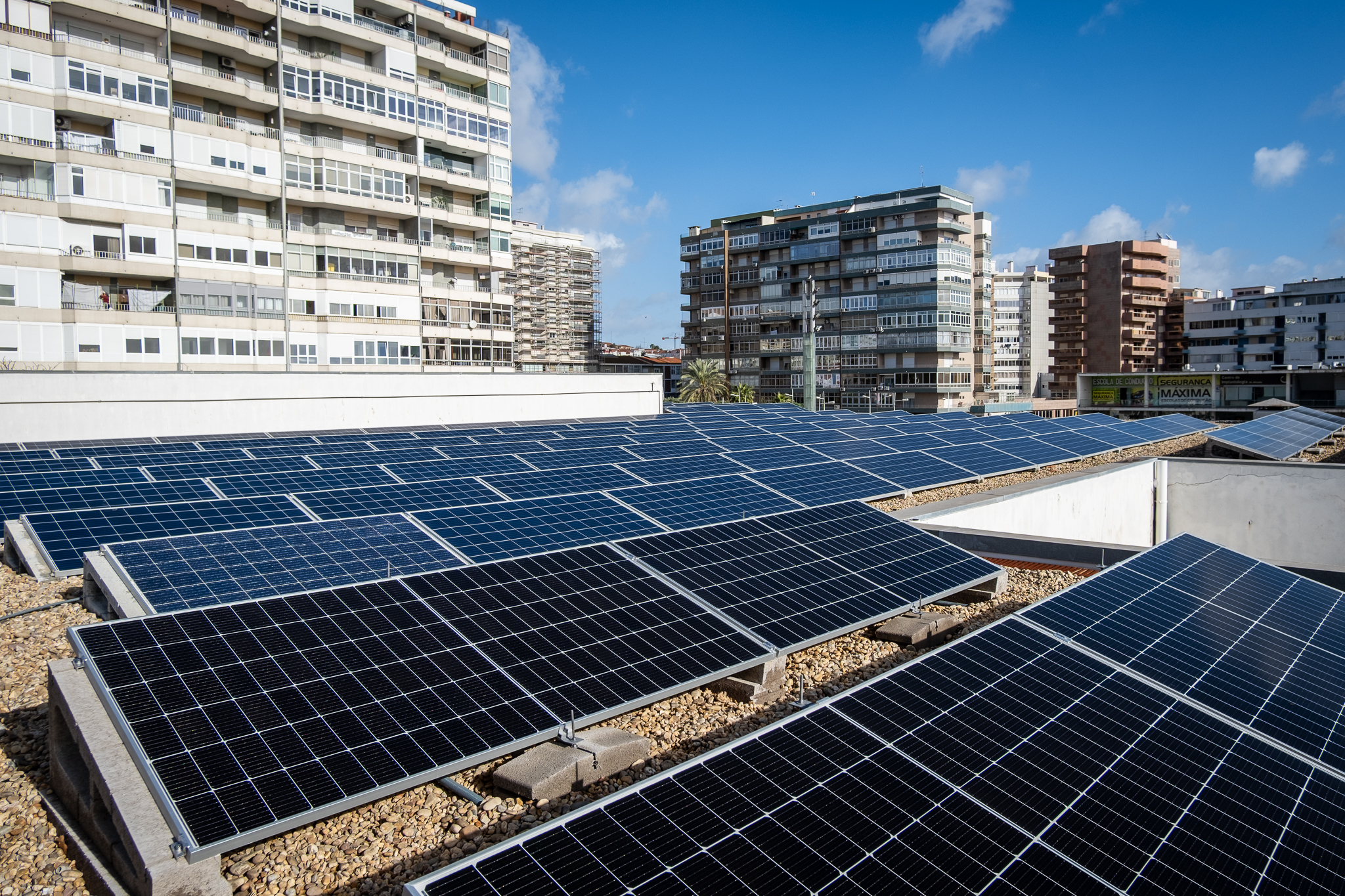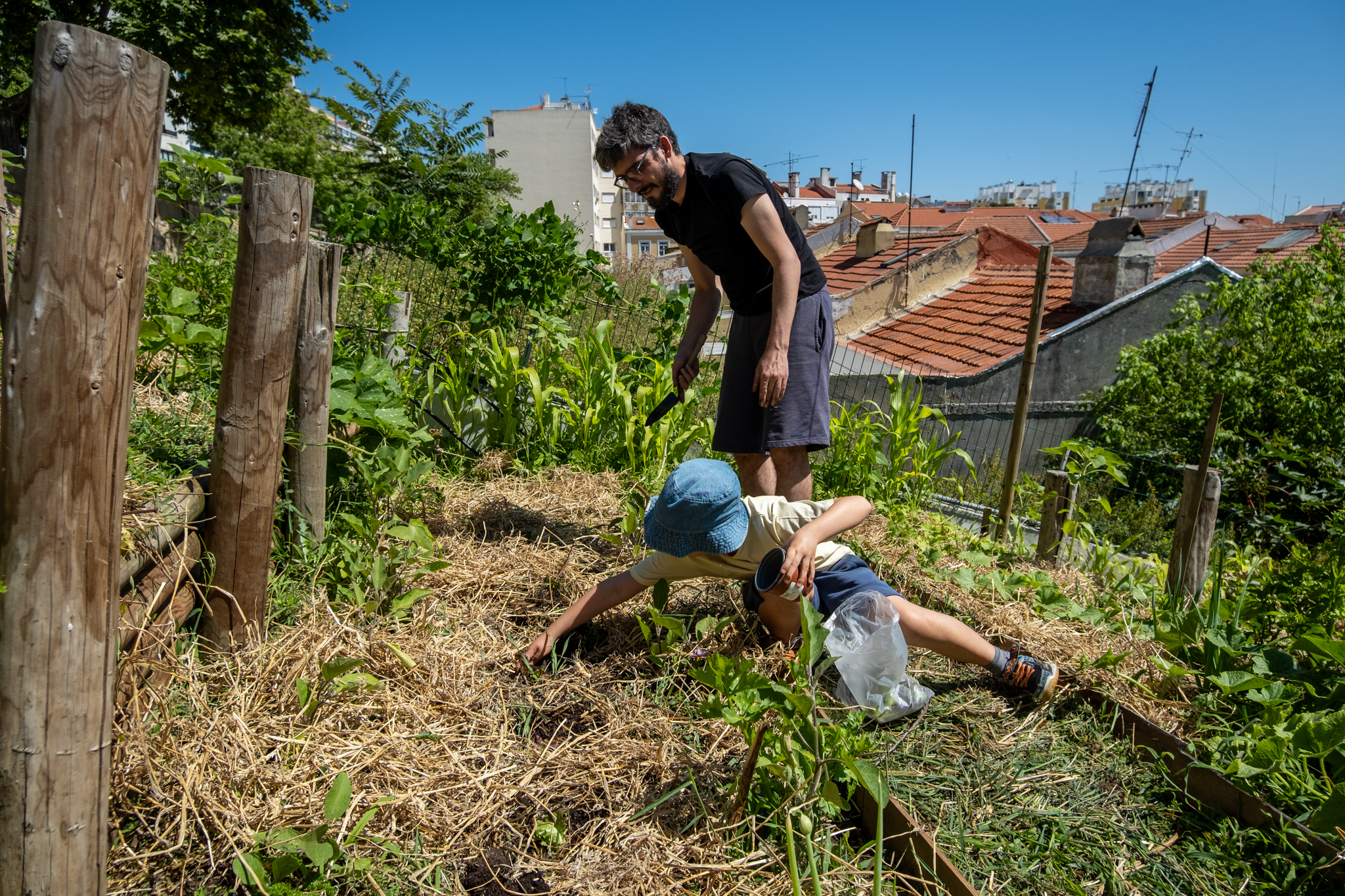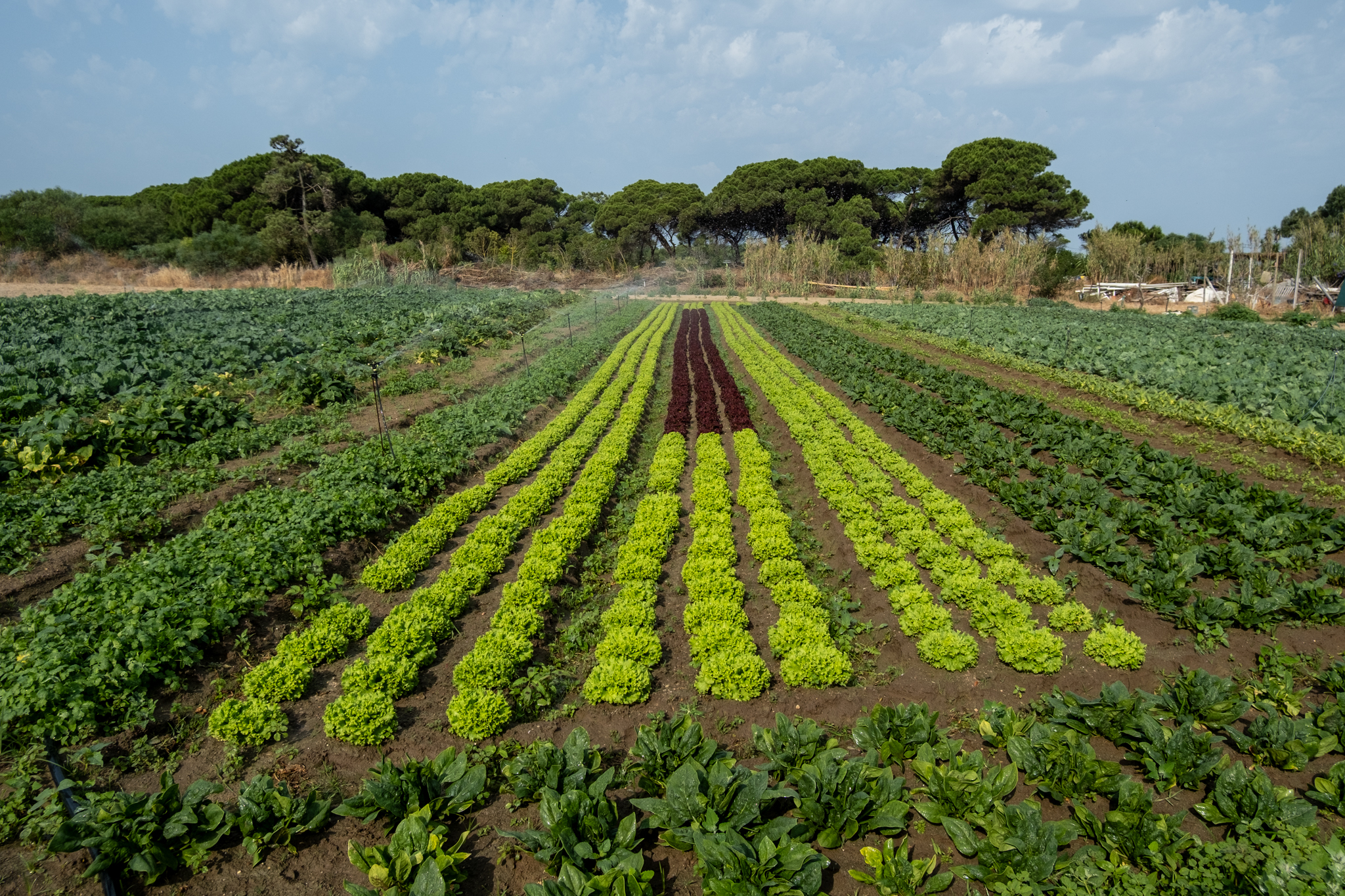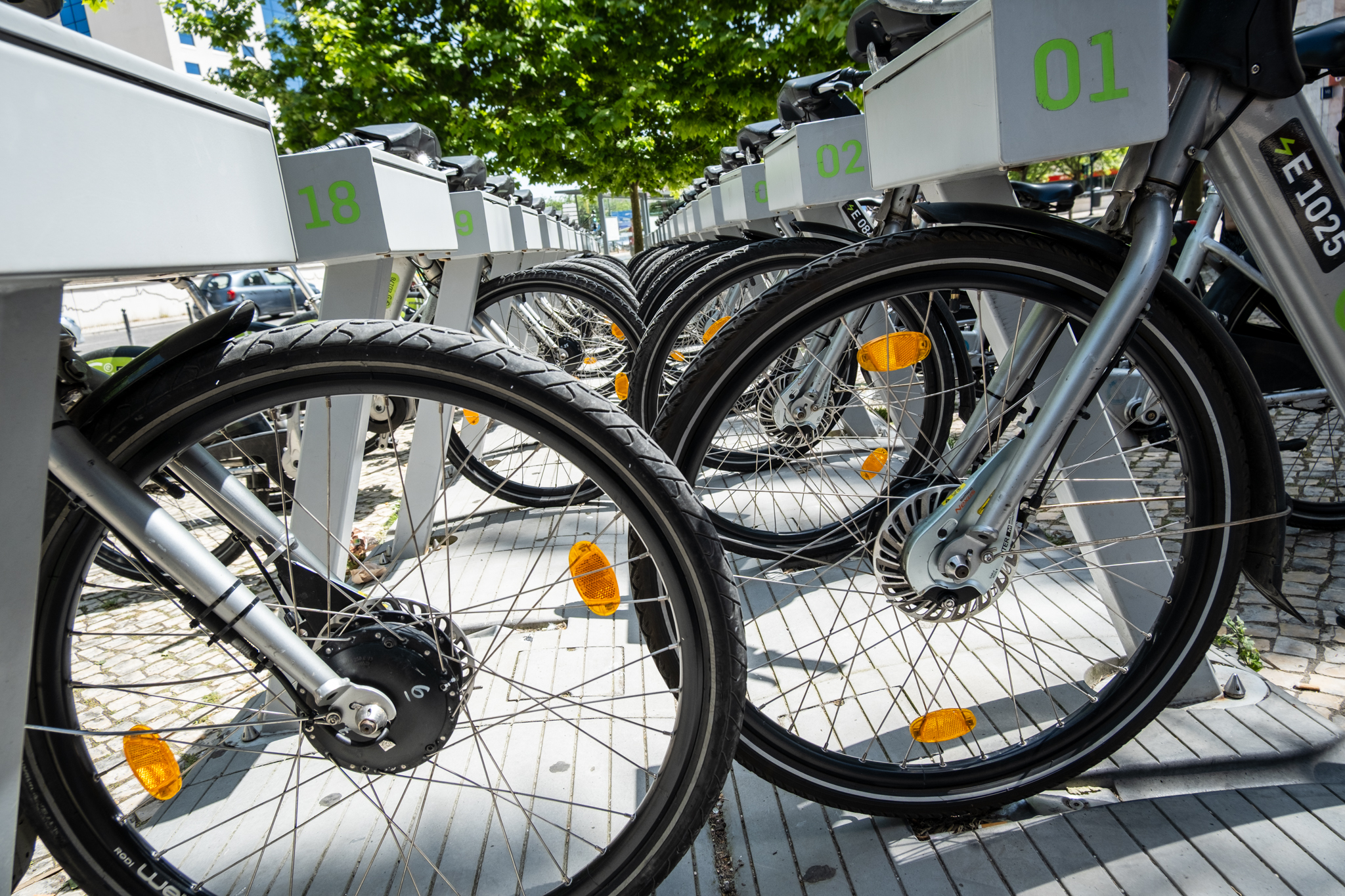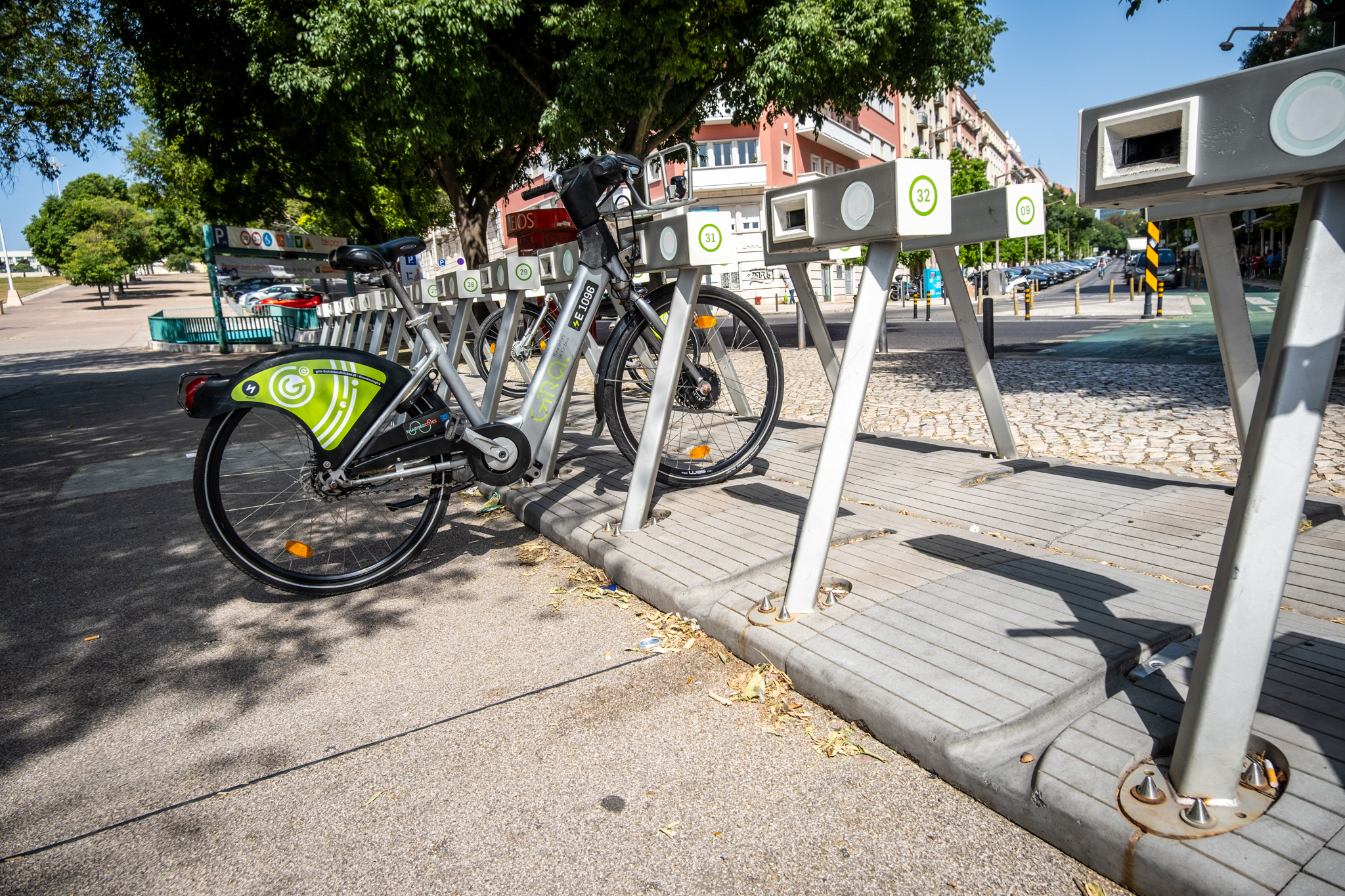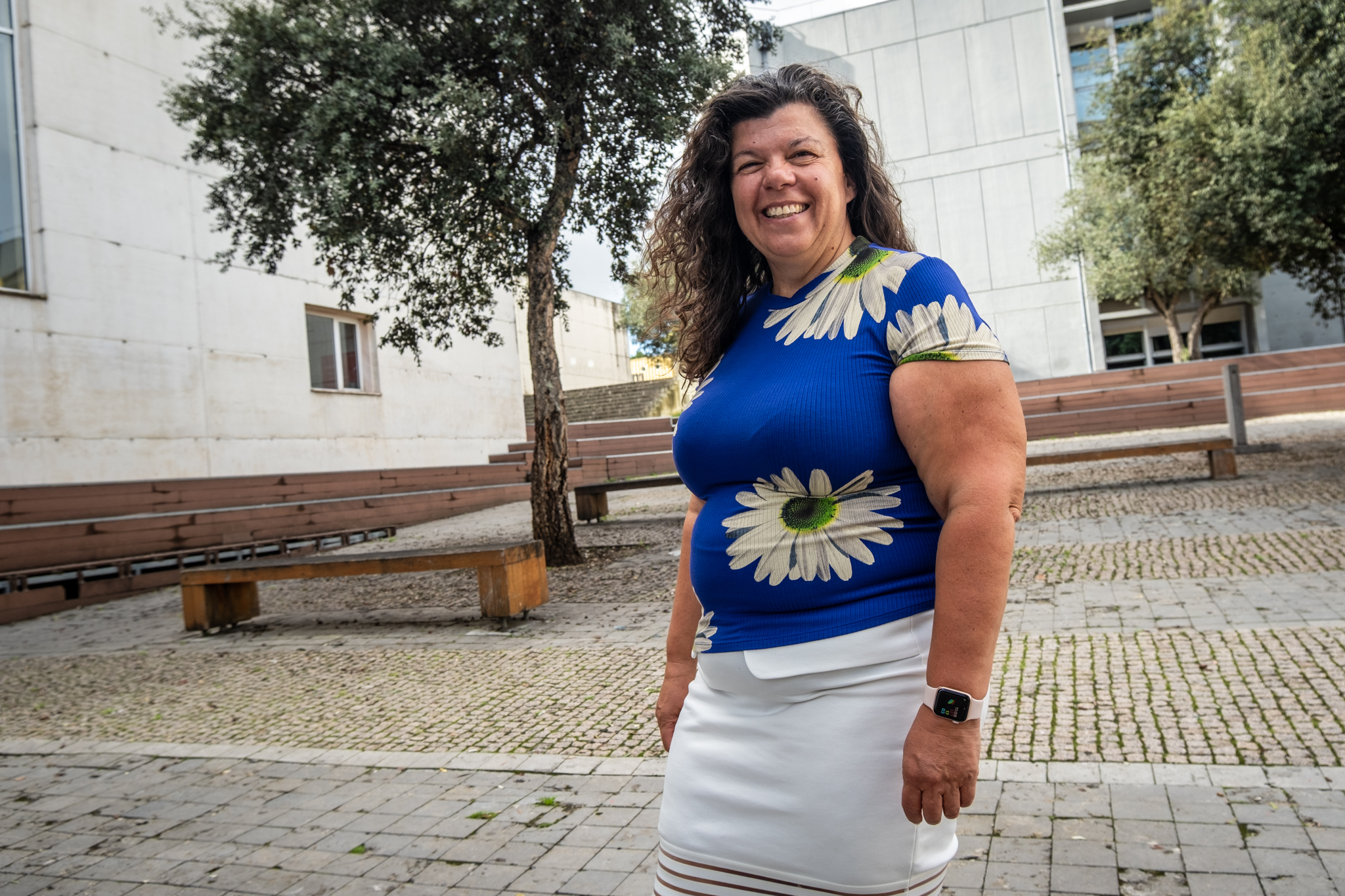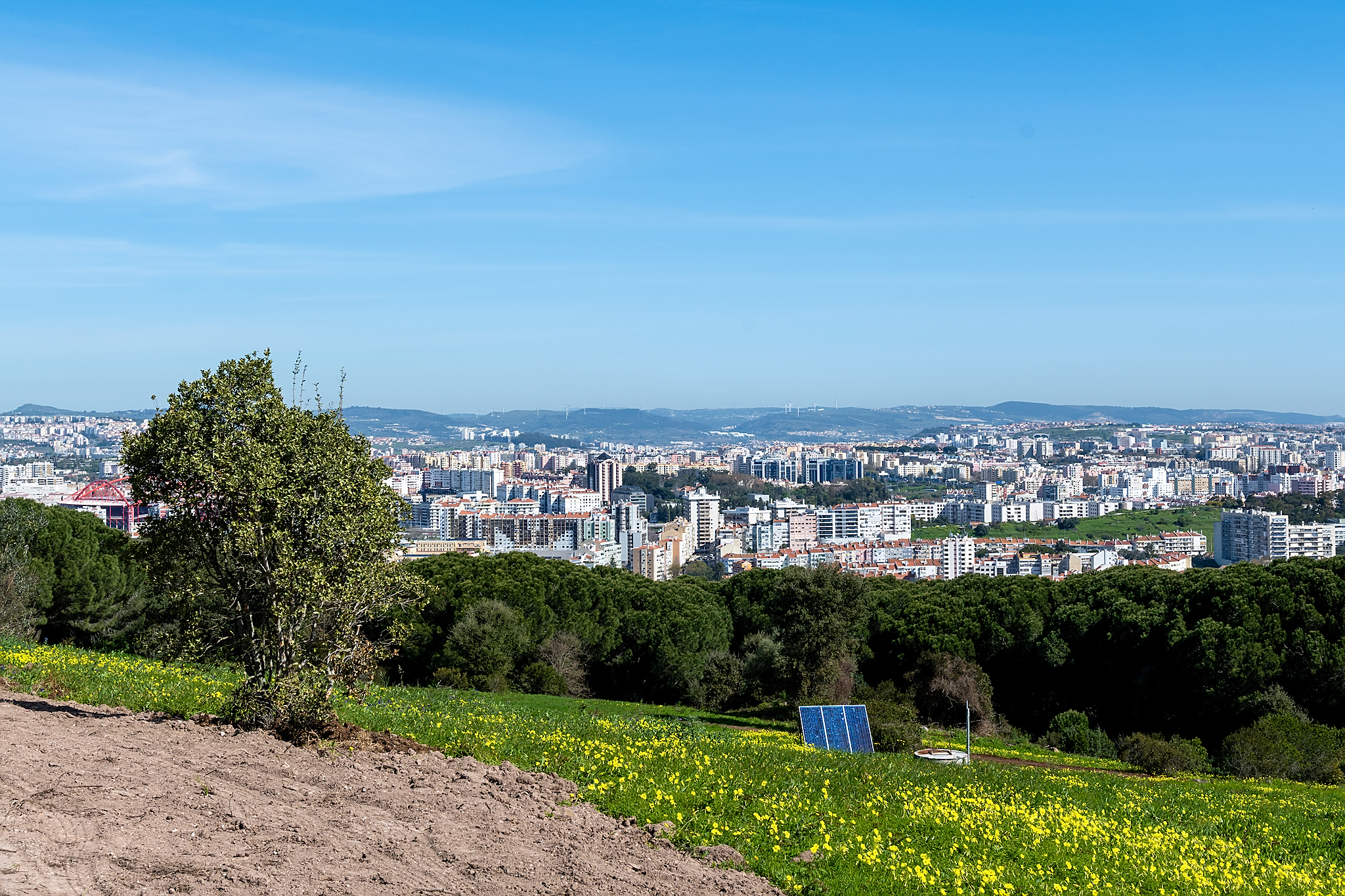
The first 10 fruit trees were planted this Monday in what will be Monsanto's future orchard. The orchard, which will be planted on terraces, will have a perimeter fence and part of the produce will be sold while part will be donated. The project involves the prison community, who are in the final stages of serving their sentences, and is the result of a protocol between Lisbon City Council and the General Directorate of Prison Services.
Initially, the orchard will comprise 656 trees covering species such as lemon trees, mandarin trees, apple trees, fig trees, peach trees, pear trees, among othersThe project will be completed by the end of this year, representing a total investment of 50,000 euros. The planting phase will include the first 285 specimens this season, with the remaining 371 to be planted in the fall. In a second phase starting in 2021, the project will involve the rehabilitation of an olive grove and a pre-existing almond grove.
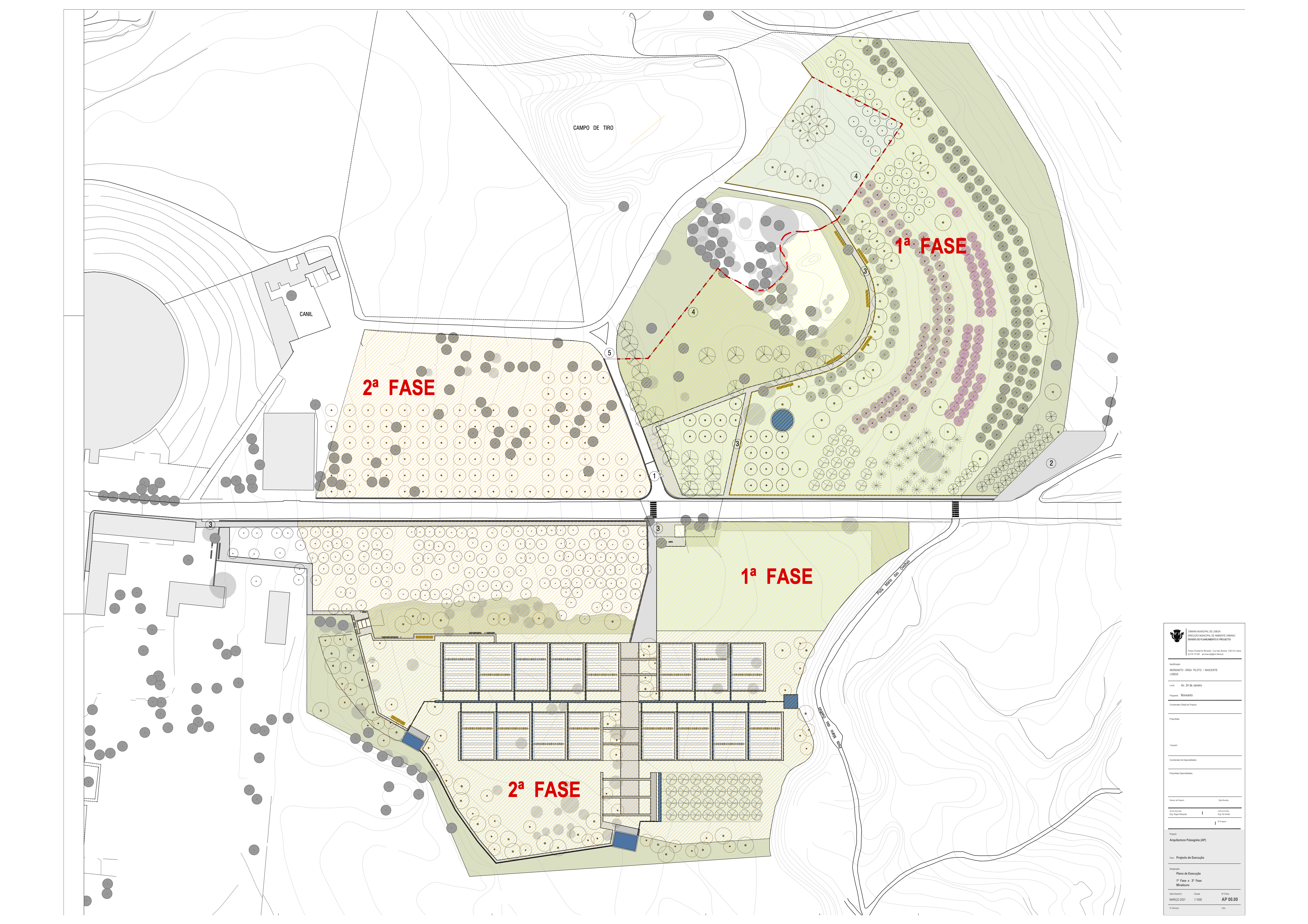
The first phase will also have an area for growing vegetables, along the same lines, with part of the approximately 10,000 square meters being made available for plots to be allocated to the population, in what will be the first municipal horticultural park in Monsanto Forest Park. With this action, Lisbon City Council plans to open up a new point of interest in the Monsanto Forest Park, afforesting a still bare slope of the mountain, which belongs to the Directorate General. On this land, the agreement between the two entities guarantees visitors access to a new viewpoint over the orchard with views over the city and the enjoyment of meadow and olive grove areas. Circulation will be via light trails over the existing terrain.
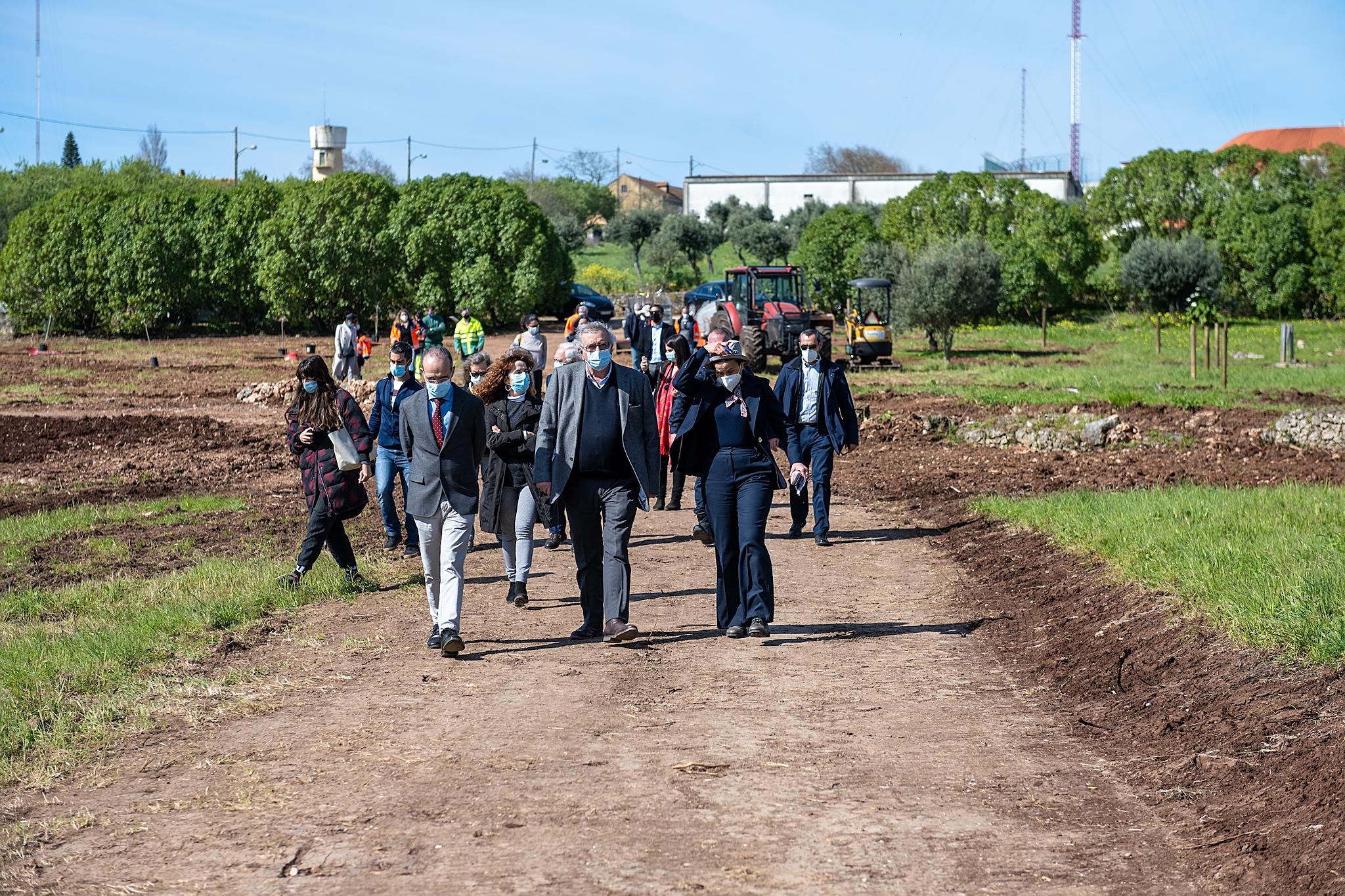
The partnership between Lisbon City Council and the Prison Services aims to involve in agricultural management the prison community in the final stages of serving their sentences, who have already been reacquainted with the outdoors, either by having benefited from Jurisdictional Leave, Short Term Leave or serving an open regime sentence with discontinuous surveillance. "This activity will make it possible to create, maintain and develop capacities and skills that will facilitate a harmonious and responsible return to freedom and life in society, converting the time of deprivation of liberty into a training factor and the creation of binding work habits."says the municipality in a communiqué.


